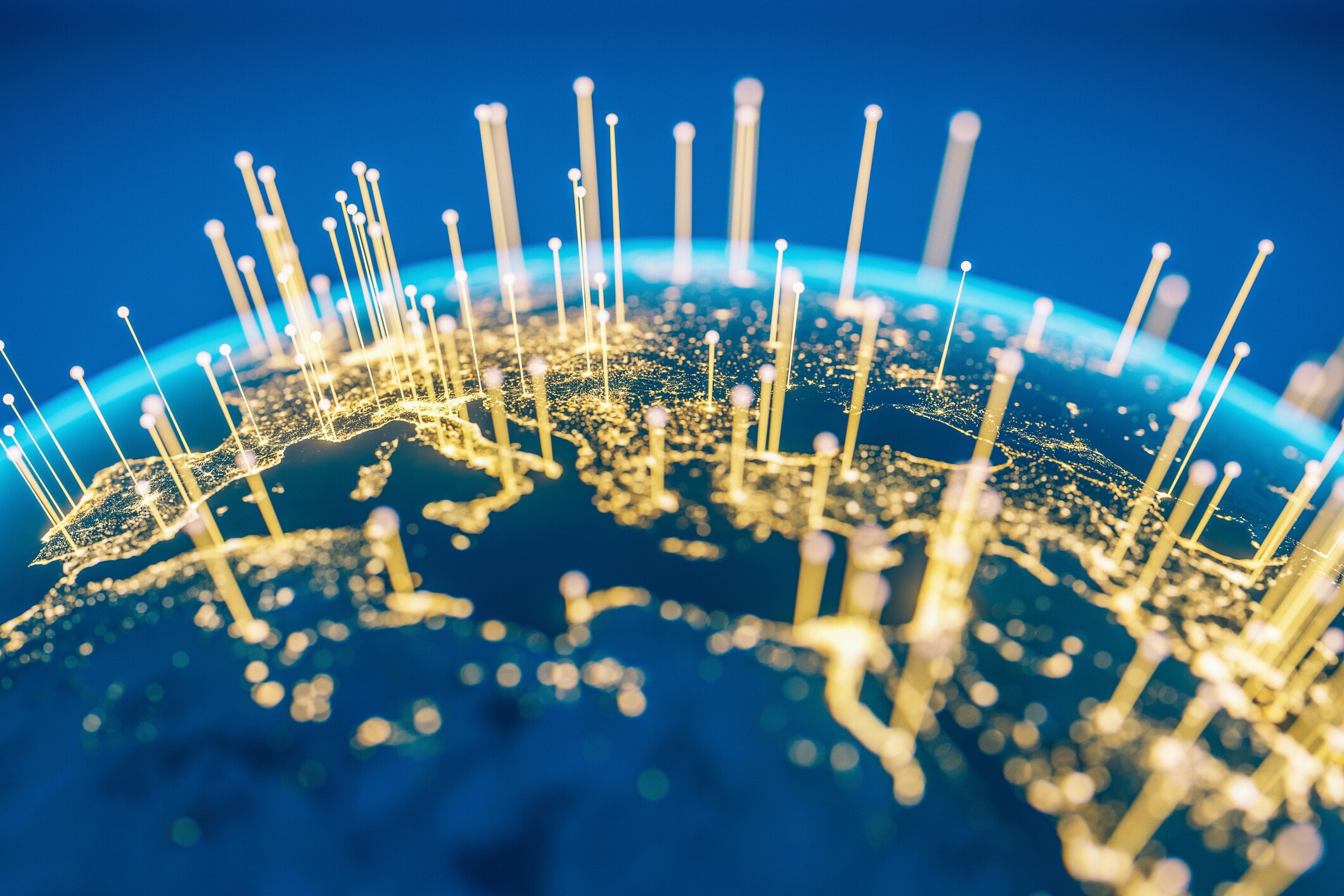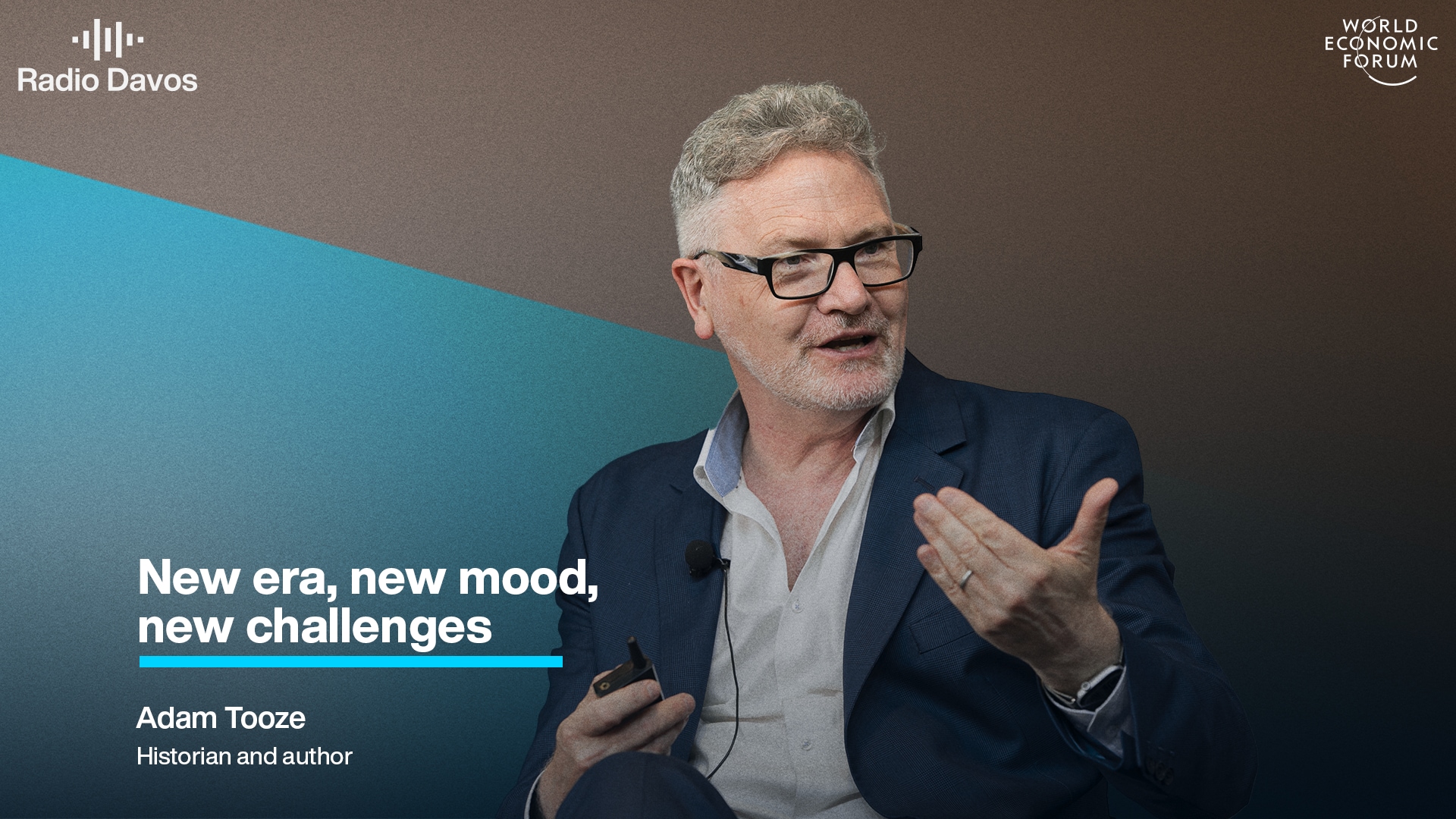Tackling Africa’s power poverty with renewable energy

Stay up to date:
Hyperconnectivity
Historically, people associate the sound of Africa with the roar of the lion; but in reality, it’s the roar of the diesel generator. Herds of these archaic beasts are on the prowl. Their habitat includes cities, towns, factories, mines, businesses and big farms – anywhere where power is required and isn’t available or reliable.
When I started in the development arena, and specifically in the renewable energy space, nearly 15 years ago, energy issues simply didn’t feature. Conservationists and environmentalists alerted us to the dangers of deforestation and climate change, and to the importance of preservation of African habitats. Electricity grids only served largely urban areas and commercial enterprises, while modern energy options (outside of South African townships) were unavailable to the poor. There were few alternatives to firewood, charcoal, kerosene or candles – what I call the four fuels of poverty.
Energy poverty, or energy injustice, at that time was simply known as “life”. Everyday challenges largely went unnoticed by women walking long distances to collect firewood and inhaling wood smoke from cooking or kerosene fumes from rough-hewn tin lamps. Respiratory illnesses, children ingesting kerosene believing it to be clean water, and burns and deaths from fires hardly featured on the health agenda. Productivity went down when the sun did. Tackling energy poverty didn’t seem to be a priority for most development organizations.
This situation is changing fast.
Thanks in large part to the UN and its Year of Sustainable Energy for All, a long-overdue global consensus is emerging. We are beginning to appreciate that universal access to sustainable energy is vital for both the health of the global economy and the preservation of our planet. This UN initiative is helping to kick-start innovation at all levels of energy service and delivery right across Africa.
For example, recognizing that grid electricity is often prohibitively expensive, savvy social entrepreneurs are testing new off-grid models and fit-for-purpose products and services. These can help create livelihoods, prolong productive hours, improve educational outcomes, irrigate agriculture, extend communications access and unlock market opportunities. Consumers have a greater chance of entering and staying part of the new knowledge economy.
This new global consensus was on display at the World Economic Forum on Africa 2013, held in Cape Town. Traditionally, the Forum discussed energy issues in the context of global risks, oil shocks, regional collaboration, grid infrastructure and supply efficiency, policy and regulatory frameworks, financial instruments and deregulation, but not as an enabler of development. At this year’s meeting in Cape Town, energy discussions extended further to include the “last mile” consumer and the understanding that renewable energy is the oxygen of both economic growth and sustainable development. Nothing else can so swiftly raise living standards and improve health.
It was recently reported that South Africa is now the world’s fastest growing renewable energy market. With its energy needs far outstripping supply from its largely coal-based power grid, additional sources of generation are urgently needed. As this trend moves across the continent, the chugging of the diesel generator will morph into the silence of the solar panel, bringing unprecedented growth and development, and enabling African lions to challenge the Asian tigers.
Author: Kristine Pearson is Founding CEO of Lifeline Energy and attended the World Economic Forum on Africa 2013.
Image: Women in Burkina Faso carry wood on bicycles REUTERS
Don't miss any update on this topic
Create a free account and access your personalized content collection with our latest publications and analyses.
License and Republishing
World Economic Forum articles may be republished in accordance with the Creative Commons Attribution-NonCommercial-NoDerivatives 4.0 International Public License, and in accordance with our Terms of Use.
The views expressed in this article are those of the author alone and not the World Economic Forum.
Related topics:
Forum Stories newsletter
Bringing you weekly curated insights and analysis on the global issues that matter.
More on Geo-Economics and PoliticsSee all
Matt Watters
July 29, 2025
Valeriya Ionan
July 28, 2025
Michael Wang
July 28, 2025
Mark Esposito
July 24, 2025
Aengus Collins
July 15, 2025





